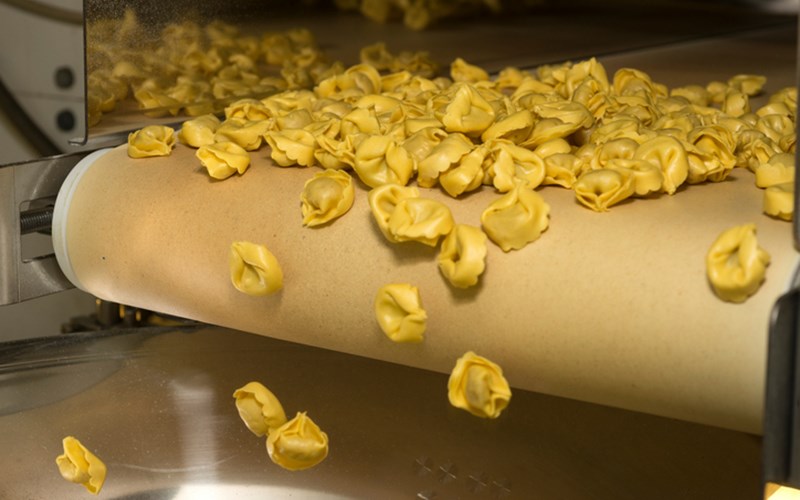Trying to figure out what bearings are best for your business can depend on your industry. When it comes to food processing, there can be several factors that can impact your decision. Here are three things you should consider when choosing food grade bearings for your applications.
FOOD GRADE BEARING MATERIALS
Not all materials are best suited for the food industry. Factors such as moisture, cleaning chemicals, and wash downs can cause certain bearing materials to rust or corrode over time, leading to possible product contamination and early bearing failure.
To address these issues, opt for materials that are resistant to corrosion and any potential chemicals that may be used on the application. Materials like stainless steel or bearings with nickel plating can be a big help for food industry applications.
FOOD GRADE SEALS AND SHIELDS
While material choice is one step toward protecting your products and elongating part life, normal wash downs pose other threats to your bearings. The wash down process can also wash out important bearing lubrication while introducing unwanted debris and fluids to the interior of your parts.
The solution to this issue is to invest in good seals for your bearings. Adding a bearing seal or shield will help keep that unwanted debris and fluids out of your bearings while protecting the lubrication and interior from being blasted during the wash down. As with the rest of the material choices, it’s critical to make sure that these seals and shields are designed for use in for fluids, foods, and chemicals and will not contaminate any product.
FOOD GRADE LUBRICATION
As with other bearings, lubrication can play a critical role in extending bearing life and improving overall performance. However, certain lubricants are not safe for human consumption and can contaminate product. The USDA requires various grades of lubrication depending on the nature of your application. These grades are:
- H1, for applications with some possibility of incidental food contact
- H2, for applications where there’s no chance that lubricants or lubricated surfaces will contact food
- H3, for application like hooks and trolleys that need to stay clean and prevent rust
FIND THE RIGHT FOOD GRADE BEARINGS
Even when you consider your needs, it can still be hard to choose the right parts for your applications. Ritbearing is a bearing distributor with the experts and products available to help you find the right option for you, whether it’s a standard part or a custom food grade bearing.
Contact us to find the right food grade bearings for your applications.
